Welcome to the first in our Local Government editorial series, which will be focused upon key and trending issues within the Local Government sector.
Hamish McNulty, who will be running the series, retired from his position as General Manager of Cumberland City Council in August 2021 following a long and distinguished career within Local Government. Prior to joining what was to become Cumberland City Council, Hamish spent 14 years in Canberra and occupied several senior executive roles in the ACT Government. As well as working with Capstone as a Business Partner, Hamish also sits on the ARIC committee of Blacktown Council.
Here is what Hamish had to say on Rate Pegging.
IT’S TIME FOR RATE PEGGING FOR NSW COUNCILS TO BE ABOLISHED
In her latest published report on the audits of NSW Councils’ financial statements the NSW Auditor General noted that 44% of metropolitan Councils and 54% of regional Councils reported an outcome that was adverse to their published budget.
Even those Councils who are meeting their budgets are having to find savings to ensure their financial position can be maintained.
For many years there have been calls for rate pegging in NSW to be abolished. Rate pegging severely constrains Councils’ ability to raise revenue to meet ever increasing costs. In almost all cases Council’s costs are rising faster than the IPART rate peg. This situation has been exacerbated for 2022/23 with the IPART announcement of the base rate increase cap for Councils with zero population growth of 0.7%. Some Councils who are experiencing population growth are entitled to a growth factor of up to 4.3%. Of the 47 Councils who are entitled to a growth factor only 6 had agrowth factor greater than 1% and only 1 had a growth factor greater than 2.
It is quite clear that there is no Council whose cost increases in 2022/23 are going to be limited to 0.7% or even 1.7%. One Council I have spoken to recently reported that their costs will increase at a rate four times higher than the allowable increase in rates.
Most Councils would have prepared their budgets and Long Term Financial Plans on the assumption of a rates cap increase of about 2.5%. Following the outcry about the extraordinarily low increase the Office of Local Government issued a circular advising that IPART would accept and process an additional round of 2022-23 special variation applications from councils to allow for a rate increase of 2.5%.
When speaking to Councils one of their greatest concerns is financial sustainability. In order to improve their financial position Councils have two options – increase revenue or reduce costs. As highlighted above revenue for Councils is constrained by rate pegging with many Councils reluctant to bid for a special rate variation because of the impact of additional rates on their local community. Similarly, Councillors are reluctant to increase fees and charges for the use of Council facilities to arate that reflects the costs involved because they fear community members will not be able to afford to use the facilities. Innovative approaches to increasing revenue are also constrained by the Ministerial Investment Order.
While it may be possible to reduce costs on a one-off basis, it is not feasible, especially for smaller Councils, to continually reduce costs while maintaining service levels. This problem is exacerbated by cost shifting to local Councils by the State Government and ever-increasing demands for service from the community. While it is great to do more with less this situation cannot go on for ever.
It is unclear to me why Councils, which are subject to election of Councillors every four years, should have their revenue constrained by a rate cap. Surely it would be better if Councils could have an open and transparent discussion with their communities about the funding they have available, the range of services that can be provided and what the rate levels would be for various mixes of services. The Councils and the communities could then agree on the services they require and the costs they are prepared to pay for them. Like every layer of Government in the country if the community is unhappy about the performance of their Councillors, they have the opportunity to vote them out at the next election.
Councils need to be able to secure their financial future – it’s time for rate pegging to be abolished.
ONE DAY CONSULTATION OFFER
Capstone are pleased to offer a One Day consultation with Capstones Head of Local Government Gareth Broadrick and Capstones Business Partner Hamish McNulty. For more information please follow this link.
The post Capstone Local Government Editorial Series, By Hamish Mcnulty first appeared on Capstone.
RECENT POSTS



CATEGORIES
LEAVE A REPLY
Your email address will not be published. Required fields are marked *





